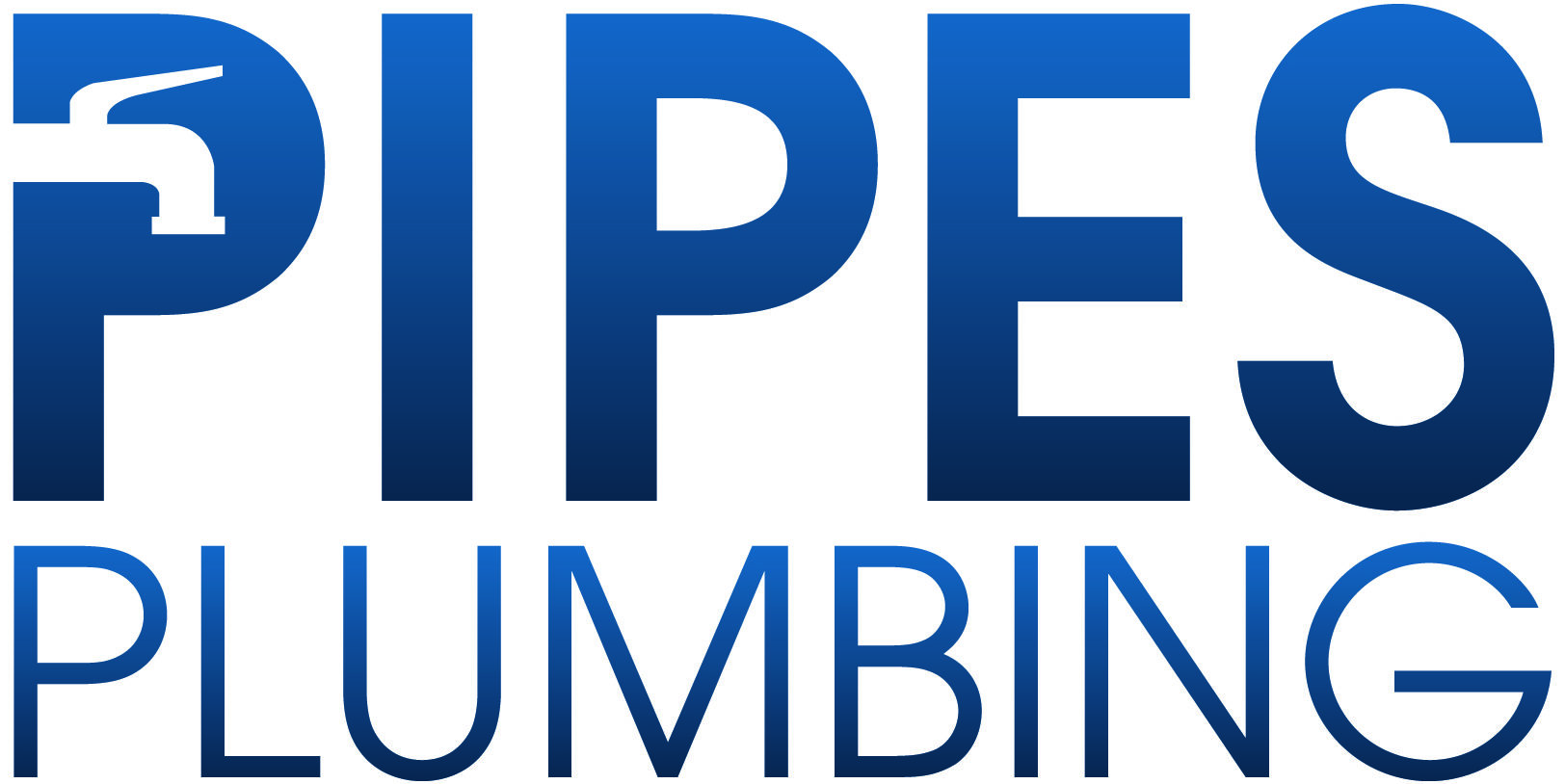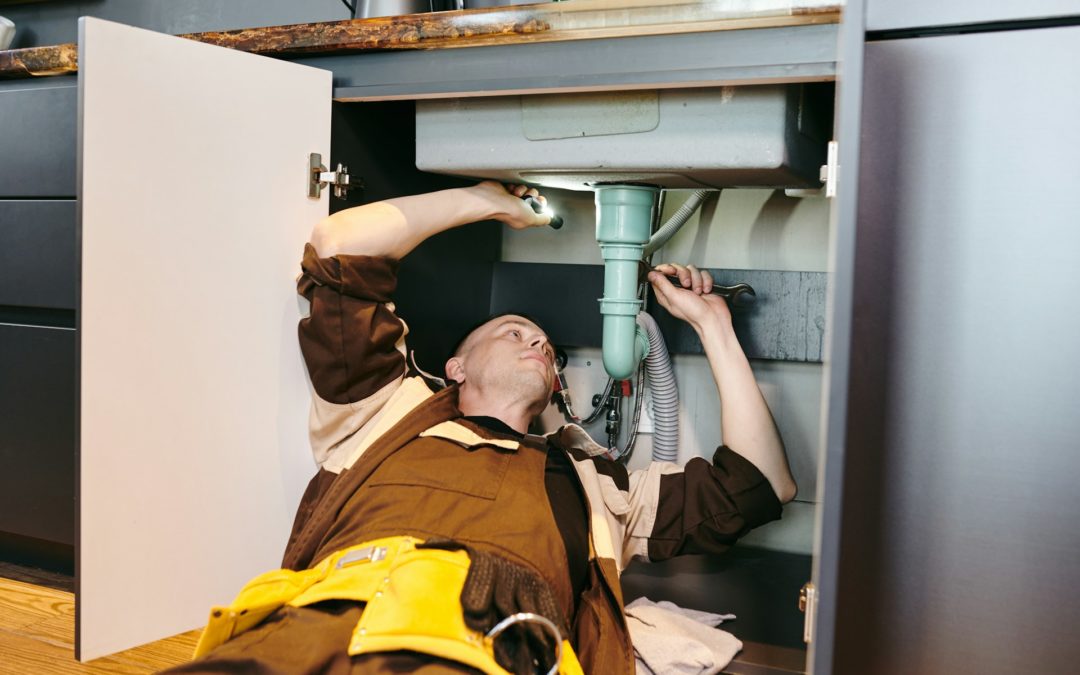As a homeowner, maintaining the integrity of your plumbing system is of utmost importance to ensure the smooth functioning of your home. The key to avoiding expensive repairs or replacements down the line is embracing regular plumbing maintenance tasks to keep everything in top-notch condition. It’s critical for homeowners to understand the importance of proper plumbing maintenance and to follow a consistent routine that helps prevent common plumbing problems, reduce water waste, and prolong the lifespan of your plumbing fixtures and appliances.
In the following sections, we will explore various plumbing maintenance tasks crucial for homeowners, covering different aspects of your home’s plumbing system. These tasks include maintaining optimal water pressure, preventing clogs and leaks, ensuring the efficiency of your water heater, and avoiding frozen pipes during Ottawa’s frigid winters. Equipped with these essential tips, you’ll feel confident in maintaining the plumbing system in your home and maintaining a trouble-free living environment.
Being well-informed and proactive with your home’s plumbing maintenance can significantly improve your quality of life while reducing expenses and worries. As your local plumbing experts, we’re here to provide guidance, support, and professional services for all your plumbing needs. Let’s dive into the maintenance tips that will help you safeguard the efficiency and longevity of your home’s plumbing system.
Maintaining Optimal Water Pressure
Ensuring that your home’s plumbing system operates at the ideal water pressure is essential for preserving the health of your pipes and minimizing the risk of leaks or other damage. Keep an eye on the pressure using a water pressure gauge, which can be easily found at any hardware store. The recommended pressure for residential plumbing systems is usually between 40 and 60 psi. If you discover that your water pressure is too high or too low, it’s important to address this issue to avoid potential damage and costly repairs. Consider installing a pressure regulator to maintain consistent water pressure throughout your home.
Preventing Clogs and Leaks
Clogs and leaks are among the most common plumbing issues that homeowners face. In order to prevent these problems, consider adopting the following maintenance practices:
- Be mindful of what goes down the drain. Avoid disposing of grease, oils, or food waste down your kitchen sink, and place a strainer over the drain to catch any debris. In the bathroom, use a hair catcher to prevent clogs in the shower or bathtub.
- Regularly clean drains in sinks, showers, and bathtubs to remove buildup and prevent potential clogs. Natural drain-cleaning techniques, such as pouring hot water, baking soda, and vinegar down the drain, can be effective in combating minor blockages.
- Inspect exposed pipes and fittings for signs of leaks, such as rust, corrosion, or moisture. If you detect any leaks, address them promptly to prevent further damage to your home’s structure or the development of mould and mildew.
- Consider investing in a water leak detector. These devices can alert you to any potential leaks in your plumbing system, allowing you to address the issue before significant damage occurs.
Ensuring the Efficiency of Your Water Heater
To maximize energy efficiency and prolong the life of your water heater, adopt these maintenance practices:
- Schedule annual inspections by a professional to ensure that your water heater is functioning correctly and efficiently.
- Drain and flush your water heater at least once a year to remove sediment and mineral buildup. This will improve the unit’s efficiency and help to prevent corrosion.
- Insulate your water heater tank and exposed pipes to conserve heat and reduce energy consumption. Utilizing a water heater blanket can help maintain the temperature of the water inside the tank, reducing the amount of work the unit has to do to heat your water.
- Test the temperature and pressure relief valve annually to ensure it is working properly. If it is not functioning correctly, replace the valve to avoid potential safety hazards.
Avoiding Frozen Pipes in Ottawa’s Winter Months
Ottawa’s harsh winter weather puts your home’s plumbing at risk of developing frozen pipes, a situation that can lead to costly burst pipes and water damage. To protect your home during the winter months, follow these tips:
- Insulate all exposed pipes in unheated areas, such as the garage, attic, or crawl spaces. Use pipe insulation materials, like foam sleeves or heat tape, to reduce heat loss and minimize the risk of freezing.
- Seal any gaps, cracks, or openings around windows, doors, or walls that allow cold air to enter your home and potentially freeze your pipes.
- During particularly cold snaps, let the water trickle from susceptible faucets to maintain a minimal water flow and prevent freezing.
- If you plan to be away from your home during the winter, set your thermostat to a minimum temperature of 16°C (60°F) to ensure that your pipes remain warm enough to prevent freezing.
Conclusion
Staying proactive about your home’s plumbing maintenance is key to avoiding costly repairs, prolonging the lifespan of your plumbing fixtures and equipment, and ensuring a comfortable and worry-free living environment. By following our essential plumbing maintenance tips, you can be confident in managing your home’s plumbing system and preventing common issues.
As your local plumbing expert, Pipes Plumbing is here to assist with any concerns and provide Ottawa plumbing services to keep your home running smoothly. Don’t hesitate to reach out and let us help you maintain a well-functioning, efficient, and long-lasting plumbing system in your home.


Recent Comments